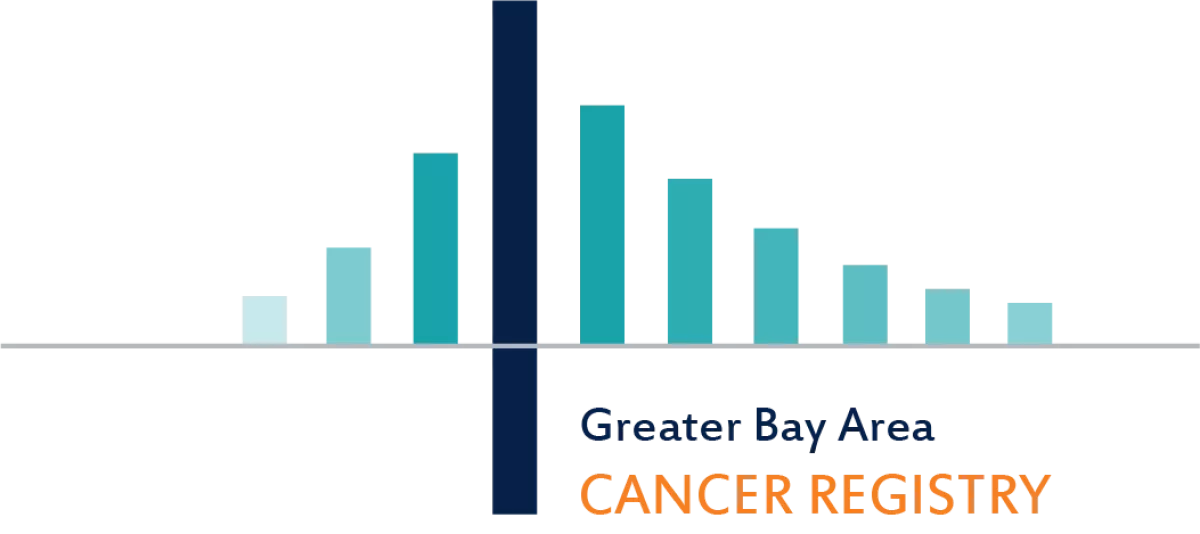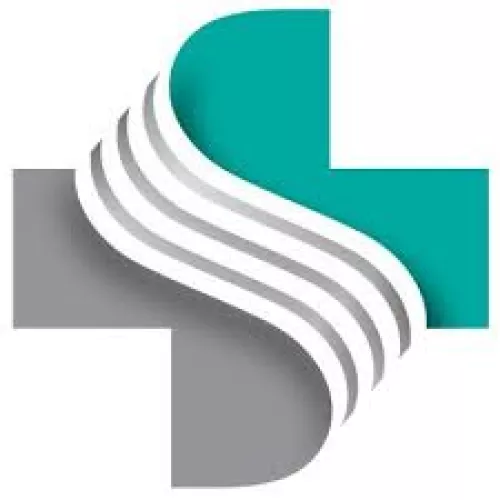The GBACR has a well-established, strong record of distributing and facilitating use of its SEER data for regional, national and international cancer research and control. It provides a high volume of cancer data, statistics and information to many outside researchers, regional hospital registrars, health departments, and the community at large. Below are selected projects that have been facilitated by GBACR data.
California Health Maps
California Health Maps aims to provide data for geographies beyond county-level statistics to better serve cancer control, public health, and policy efforts. California Health Maps allows users to interactively map health data for California at different geographic levels: census tract aggregation zones, medical service study areas (MSSAs), and congressional districts. California Health Maps include 5-year and 10-year cancer incidence rates based on the most current data for 12 of the most common invasive cancer sites by sex and race/ethnicity.
California Neighborhoods Data System
GBACR scientists assembled the California Neighborhoods Data System, a suite of small-area (block group and tract) level social and built environmental characteristics for California. This resource is continually being expanded and updated. Its data have been used for a wide variety of surveillance projects as well as ancillary studies.
Sutter Health Linkage Collaboration
This is a collaborative effort between UCSF/GBACR and the Palo Alto Medical Foundation Research Institute that will link Sutter Health electronic health records data with California Cancer Registry data. This collaborative effort will leverage the unique resources and expertise available from the two datasets to form a rich, multiethnic resource for investigations of factors related to cancer etiology, treatment, survival, and other outcomes (e.g., treatment symptoms). Our objective is to produce a large-scale resource that will facilitate multi-disciplinary, cells-to-society research addressing key research questions in cancer etiology, survival, and outcomes in diverse populations in future collaborative studies.
Impact of Neighborhoods and Navigation on Survivorship
This pilot study will leverage existing resources including data from the California Cancer Registry, California Neighborhoods Data System, and Shanti’s Margot Murphy Women’s Cancer Program and scientific expertise in cancer surveillance and neighborhood research to assess survivorship outcomes associated with navigation, to better understand how neighborhood factors influence these outcomes, and to use what we learn to improve navigation services.
SF CAN
GBACR is partnering with the San Francisco Cancer Initiative (SF CAN) to help communities better understand and address their cancer risks. The project targets the five most common cancers which collectively account for half of all new cancers in San Francisco: breast, lung and other tobacco-related cancers, prostate, colorectal, and liver cancer.
UCSF conceived the initiative, which launched in November 2016, and provides ongoing scientific expertise. Cancer registry data have been used to document the current status of cancer incidence and mortality in San Francisco, and registry researchers have developed approaches for quantifying cancer in specific areas across The City that will help lead to targeted interventions.


